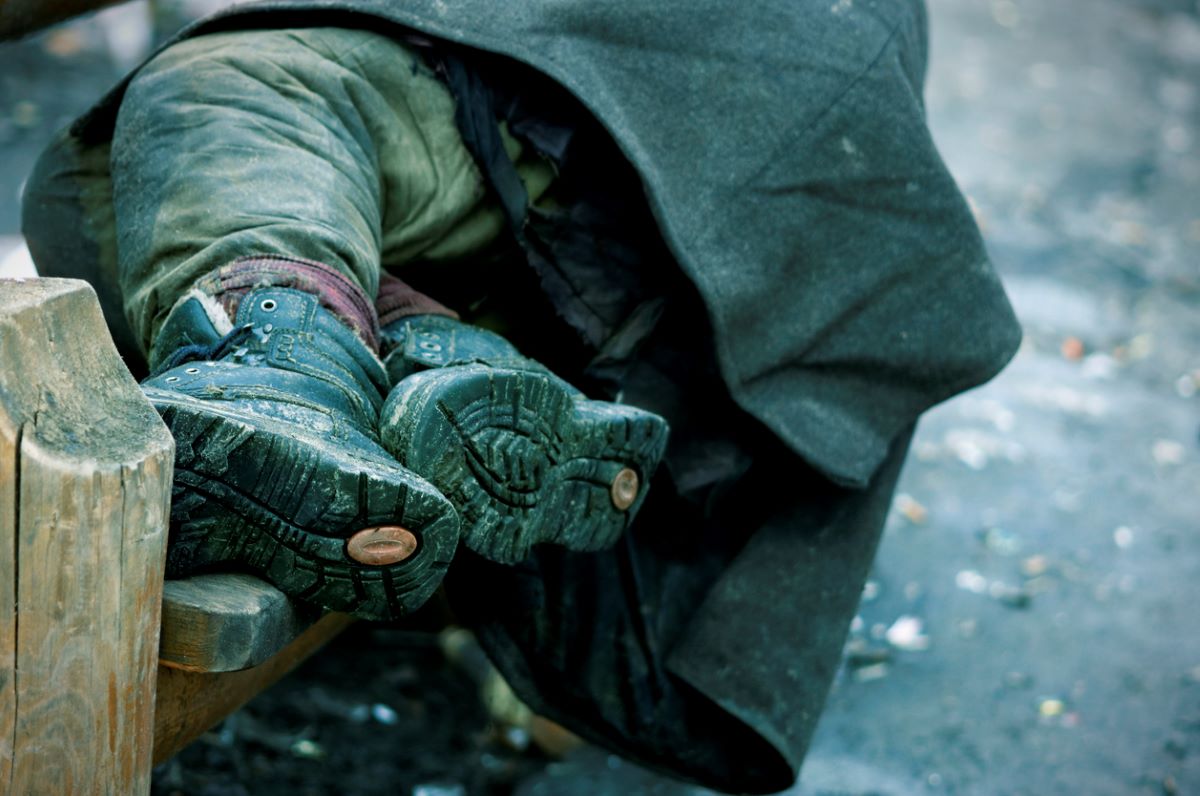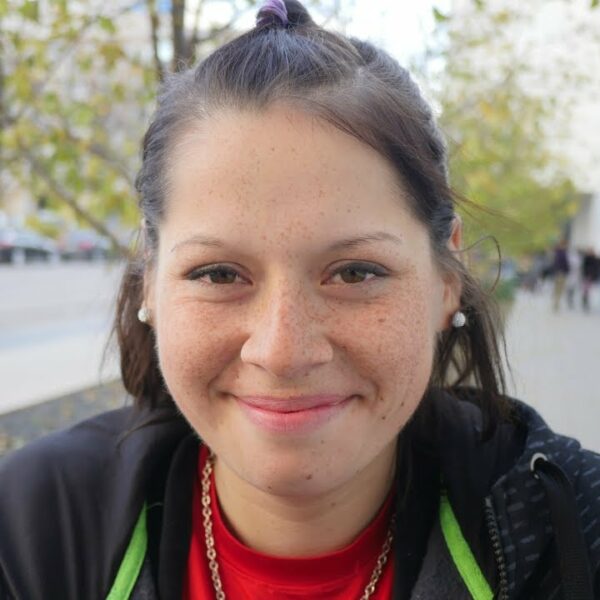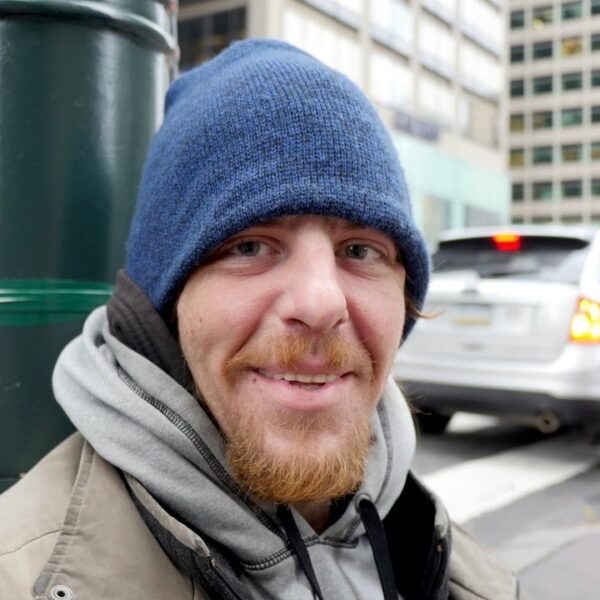Cold Weather, Not Cold Shoulders
Cold weather is a death sentence for many people living on the streets in cities across the country. Since hypothermia can set in at temperatures well above freezing, even places with relatively mild climates like Sacramento can be dangerous. Colder, snowier climes like Montreal and New York can be even deadlier.
As cool breezes and crunchy leaves move in in the Northern Hemisphere, now is the time to make sure that all members of your community have what they need to survive the winter.
Give Useful Items
Making up kits of items to give out to unsheltered people you see on the street is a relatively common activity, particularly around holidays like Thanksgiving and Christmas. If that’s something you’re going to do this year, the best approach is to speak with the individuals you’re trying to help and give them the items they actually ask for.
If you want to have a stock of items on hand when you do this, some commonly requested cold-weather items include:
- new socks
- menstrual care items
- blankets
- clean winter clothing
- sturdy backpacks and luggage
- certain first aid supplies like band aids
You can try and guess who will need how many of which items and carry them all around in your car until you meet someone with a need you can fill. Or you can give the people you meet money so they can meet their own needs. Cash is always appreciated, but many people also have access to online payment programs like Venmo, PayPal, CashApp, etc.
Giving money is most helpful because it allows the person to actually buy whatever they need at that moment, without having to choose from your list of preselected items or trying to match someone’s idea of a “good homeless person” by accepting whatever is offered.
Understand Safe Heating Options
Many methods unhoused people are forced to turn to so they can stay warm enough to survive also come with the risk of fire – something that can spread quickly in a densely populated tent encampment, for example. Safe and affordable heating options for tents and vehicles are difficult to come by, leading many unsheltered people to try and get by with unsafe options. It’s tough to balance the risk of freezing to death against the risk of starting a fire or inhaling deadly gases.
Some organizations have come out with designs for tent heaters that can be made cheaply from readily available materials that are supposed to be safer. Of course, that depends on how it’s assembled. The claims aren’t exactly peer-reviewed science, and use will always be at your own risk. But it is something that’s helping people now.
These heaters cost about $7 to make, self-extinguish when tipped over and run on alcohol fuel. This presents a much lesser risk of carbon monoxide buildup when used in an enclosed space than other common fuels like propane.
It’s always safest to use any heating option with adequate ventilation, only while awake and outside the reach of any children or pets. The presence of fire safety items like a fire blanket, fire extinguisher, or battery-operated combination smoke detector and carbon monoxide detector can further reduce your risk. Remember that a tent can go up in flames incredibly quickly, and you might not have time to use these items, so prevention is always key.
Support Local Shelters and Warming Stations
Community support is valuable for homeless shelters and warming stations, which often face hostility just for existing near NIMBY neighborhoods. Band together with other community members to show your local shelter and its residents that they are also a valuable part of the community.
You can do this through monetary donations, donations of time, professional services, or requested items, or by organizing fun events or welcome packets for shelter residents. A little hospitality can go a long way.
Your support can be even more impactful if you don’t have a local shelter or warming station nearby. With a little organization, you may be able to get one opened.
Start by talking to your housed and unhoused neighbors and connecting with like-minded people on the issue. You can all get together in an email list or Facebook group to organize a proposal to your local representatives asking them to open up a new shelter or temporary warming station nearby.
This takes a bit of time, energy, and research to figure out how to navigate all the bureaucracy, demonstrate the need, and actually get something done. But it can be well worth the effort, and many hands make for light work.
Pressure Government to Do More
While individual intervention is valuable and necessary in our current situation, we should also ask ourselves why it falls to individual people to ensure that their neighbors aren’t dying cold and alone on the streets. Why do we have a seemingly infinite budget for “defense” and corporate bailouts, but we can’t spare another cent to protect citizens from pointless, preventable deaths outside in the cold? Why do we pay taxes if not to ensure that everyone has access to the basic necessities of life?
The purpose of government is to provide a better quality of life for its citizens. That’s what the whole “in Order to form a more perfect Union, establish Justice, insure domestic Tranquility, provide for the common defense, promote the general Welfare, and secure the Blessings of Liberty to ourselves and our Posterity” bit of the American constitution is getting at.
While our country has a long history of arbitrarily deciding who “deserves” these fundamental human rights and who doesn’t, we’re in a better position now than ever to make good on these promises. Right now, we’re holding up our end of the social contract, but our government isn’t holding up theirs. We’re not getting what we’re paying for. That needs to change.













